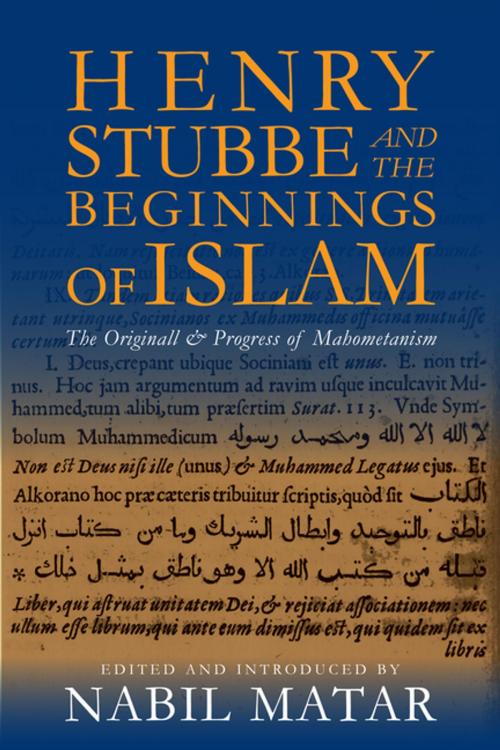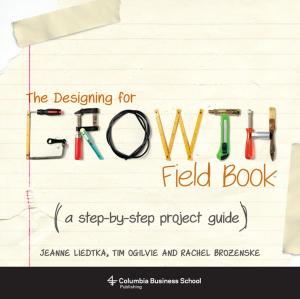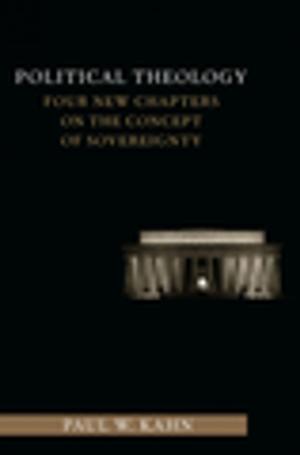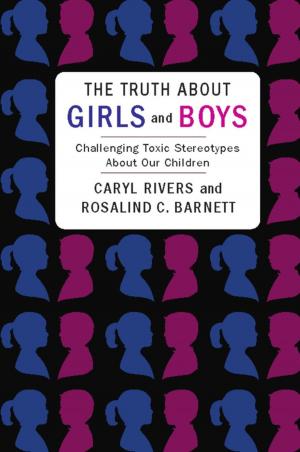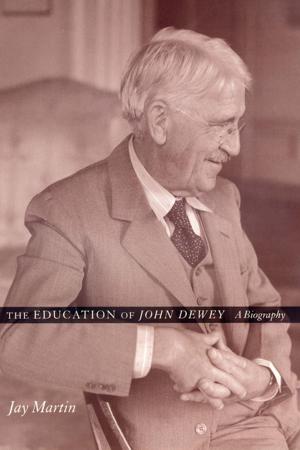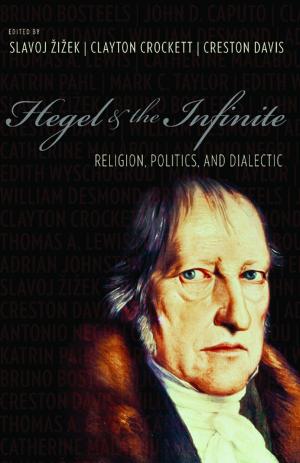Henry Stubbe and the Beginnings of Islam
The Originall & Progress of Mahometanism
Nonfiction, Religion & Spirituality, Middle East Religions, Islam, Fiction & Literature, Literary Theory & Criticism| Author: | ISBN: | 9780231527361 | |
| Publisher: | Columbia University Press | Publication: | December 24, 2013 |
| Imprint: | Columbia University Press | Language: | English |
| Author: | |
| ISBN: | 9780231527361 |
| Publisher: | Columbia University Press |
| Publication: | December 24, 2013 |
| Imprint: | Columbia University Press |
| Language: | English |
Henry Stubbe (1632–1676) was an extraordinary English scholar who challenged his contemporaries by writing about Islam as a monotheistic revelation in continuity with Judaism and Christianity. His major work, The Originall & Progress of Mahometanism, was the first English text to document the Prophet Muhammad's life positively, celebrate the Qur'an as a divine revelation, and praise the Muslim toleration of Christians, undermining a long legacy of European prejudice and hostility.
Nabil Matar, a leading scholar of Islamic-British relations, standardizes Stubbe's text and situates it within England's theological and intellectual climate in the seventeenth century. He shows how, to draw a historical portrait of Muhammad, Stubbe embraced travelogues, Latin commentaries, studies on Jewish customs and Scripture, and, most important, Arabic chronicles, many written by medieval Christian Arabs who had lived in the midst of the Islamic polity. No European writer before or for a long time after Stubbe produced anything similar to what he wrote about Muhammad the "great Prophet," Ali the "gallant" advocate, and the "standing miracle" of the Qur'an. Stubbe's book therefore makes a unique contribution to the study of the representation of Islam in Western thought.
Henry Stubbe (1632–1676) was an extraordinary English scholar who challenged his contemporaries by writing about Islam as a monotheistic revelation in continuity with Judaism and Christianity. His major work, The Originall & Progress of Mahometanism, was the first English text to document the Prophet Muhammad's life positively, celebrate the Qur'an as a divine revelation, and praise the Muslim toleration of Christians, undermining a long legacy of European prejudice and hostility.
Nabil Matar, a leading scholar of Islamic-British relations, standardizes Stubbe's text and situates it within England's theological and intellectual climate in the seventeenth century. He shows how, to draw a historical portrait of Muhammad, Stubbe embraced travelogues, Latin commentaries, studies on Jewish customs and Scripture, and, most important, Arabic chronicles, many written by medieval Christian Arabs who had lived in the midst of the Islamic polity. No European writer before or for a long time after Stubbe produced anything similar to what he wrote about Muhammad the "great Prophet," Ali the "gallant" advocate, and the "standing miracle" of the Qur'an. Stubbe's book therefore makes a unique contribution to the study of the representation of Islam in Western thought.
